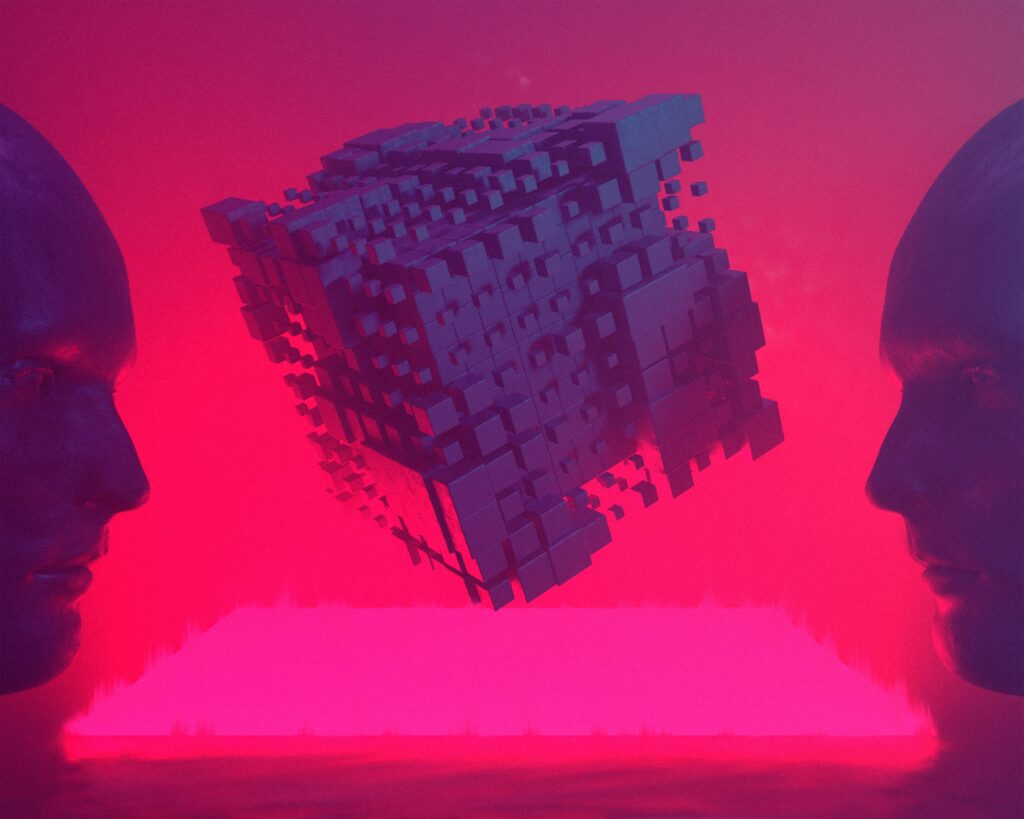In a groundbreaking move that will redefine personal computing, major tech giants have recently unveiled a new category of devices: the AI PC. This isn’t just a marketing gimmick; it signifies a substantial architectural change driven by integrated Neural Processing Units (NPUs). Over the past year, particularly from late 2023 into mid-2024, we’ve witnessed a flurry of announcements from industry leaders like Intel (with Meteor Lake and Lunar Lake), Qualcomm (Snapdragon X Elite), and AMD (Ryzen AI processors), all embedding powerful NPUs directly into their latest chipsets. Microsoft’s ambitious Windows Copilot+ PC initiative, launched in May 2024, further solidifies this trend, creating an ecosystem designed from the ground up to leverage on-device AI capabilities for a richer, more responsive user experience.
This shift is not merely speculative; market analysts are already projecting massive growth. According to a report by Canalys, AI PC shipments are expected to reach 100 million units in 2024, eventually accounting for 60% of all PC shipments by 2027. What makes an NPU so critical? Unlike traditional CPUs (Central Processing Units) and GPUs (Graphics Processing Units) that handle general-purpose or graphics-intensive computations, an NPU is purpose-built to accelerate machine learning workloads. It excels at parallel processing for neural networks, offering significantly higher efficiency and lower power consumption for AI tasks like image recognition, natural language processing, and real-time transcription. This dedicated hardware offloads AI operations from the CPU and GPU, ensuring smoother performance for everyday tasks while simultaneously running complex AI applications, all with enhanced privacy as data stays on the device.
The impact of AI PCs on both industry and society will be profound and multifaceted. For developers, it opens up a new frontier for creating incredibly powerful and personalized on-device AI applications, moving beyond cloud-dependent solutions. Users will experience a paradigm shift in productivity and creativity; imagine real-time language translation during video calls, instant and sophisticated photo/video editing powered by generative AI, intelligent personal assistants that understand context better, and advanced security features that adapt to your behavior. For enterprises, AI PCs enable more robust edge AI deployments, enhance data privacy by keeping sensitive AI processing local, and boost employee productivity through smarter tools. This decentralized approach to AI computation promises to make technology more responsive, intuitive, and energy-efficient for everyone.
Industry experts universally agree that the AI PC represents the next major evolutionary step in computing. Analysts at IDC predict that the hybrid AI approach – blending the power of cloud AI with the efficiency and privacy of on-device NPUs – will be the dominant model going forward. As Patrick Moorhead, principal analyst at Moor Insights & Strategy, noted, “The NPU is the biggest architectural shift we’ve seen in the PC in 30 years.” This sentiment underscores the long-term potential of these devices to reshape computing, moving away from purely cloud-centric AI to a more balanced and powerful hybrid model. While challenges remain, particularly in driving widespread developer adoption and clearly differentiating hardware capabilities, the trajectory towards ubiquitous on-device AI is clear.
The practical applications of AI PCs are incredibly exciting. Beyond the already mentioned enhancements, we can expect advanced features such as sophisticated content creation tools that can generate unique media from text prompts, intelligent task automation that learns user habits, and even dynamic adaptive interfaces that personalize themselves based on your current activity and mood. Gaming could see smarter NPC behavior and real-time graphics enhancements driven by on-device AI. The integration of NPUs means your next laptop or desktop won’t just be faster; it will be smarter, more efficient, and deeply personalized. This is a fundamental reimagining of what a personal computer can be, pushing the boundaries of innovation in the gadget and hardware sector.
The era of the AI PC is here, and it’s set to revolutionize how we work, create, and interact with technology. With dedicated NPUs becoming a standard feature, expect your computing experience to become more intelligent, efficient, and intuitive than ever before. To understand more about the broader implications of AI, check out our previous article on AI in daily life. For a deeper dive into the technical aspects of NPUs and AI PCs, you can refer to insights from credible sources like The Verge.

